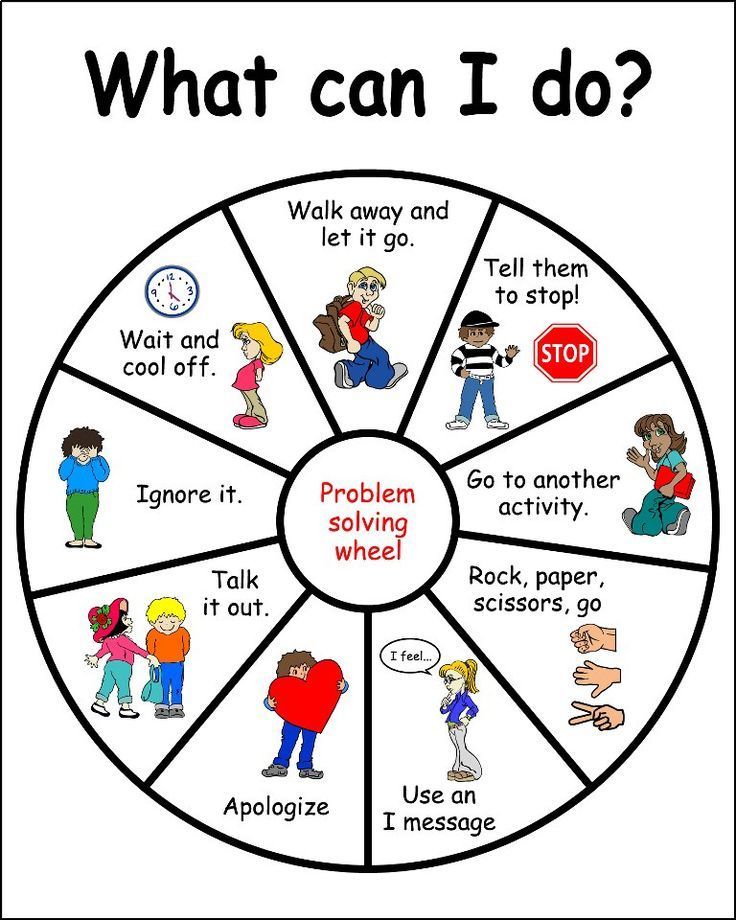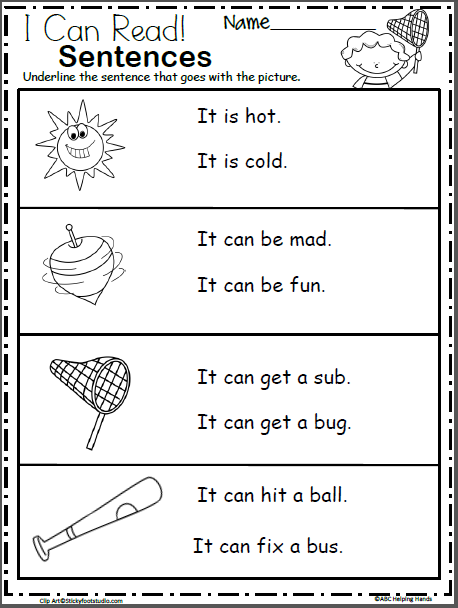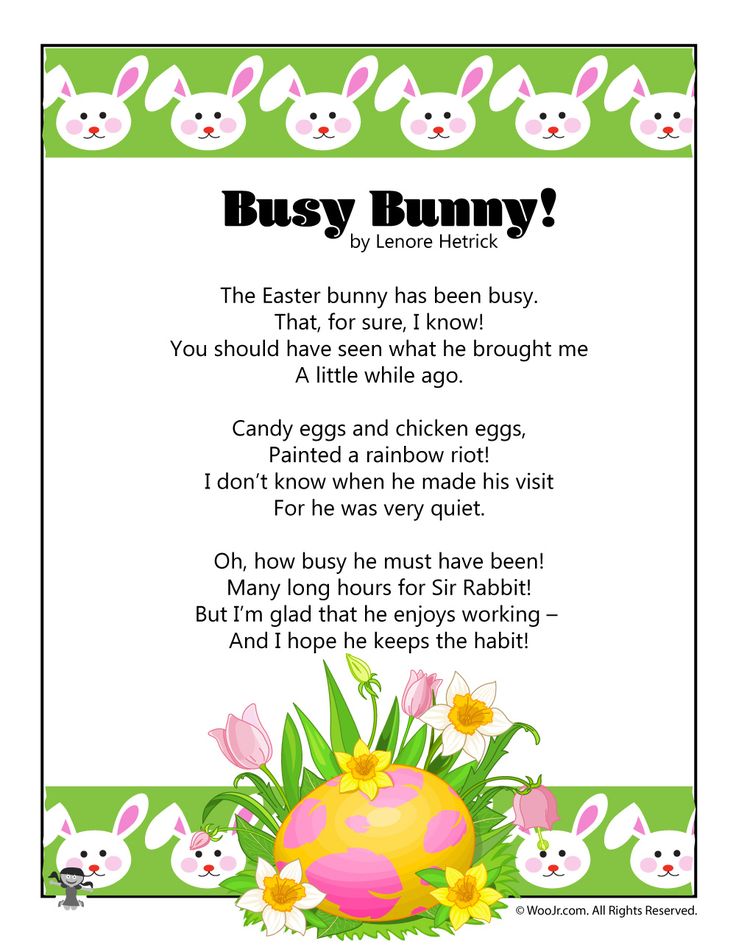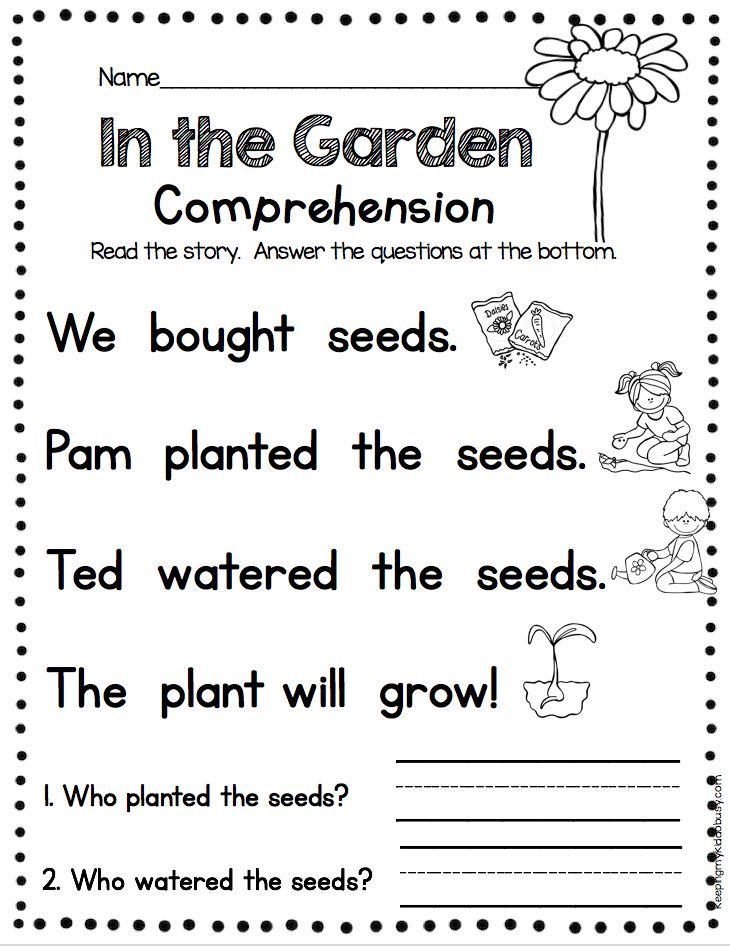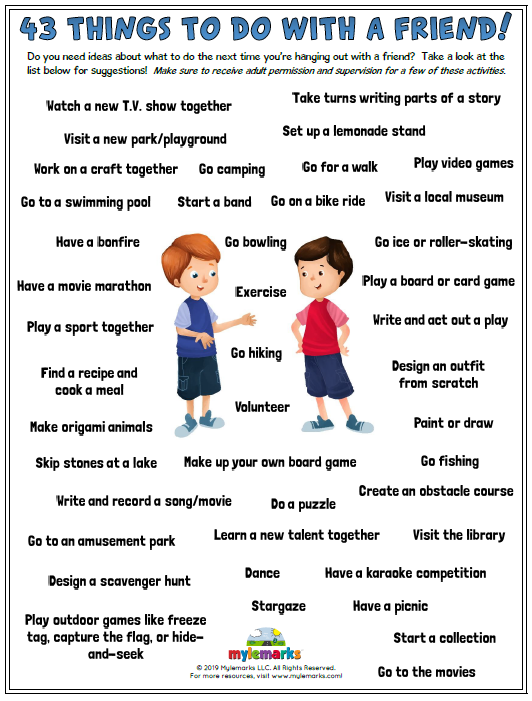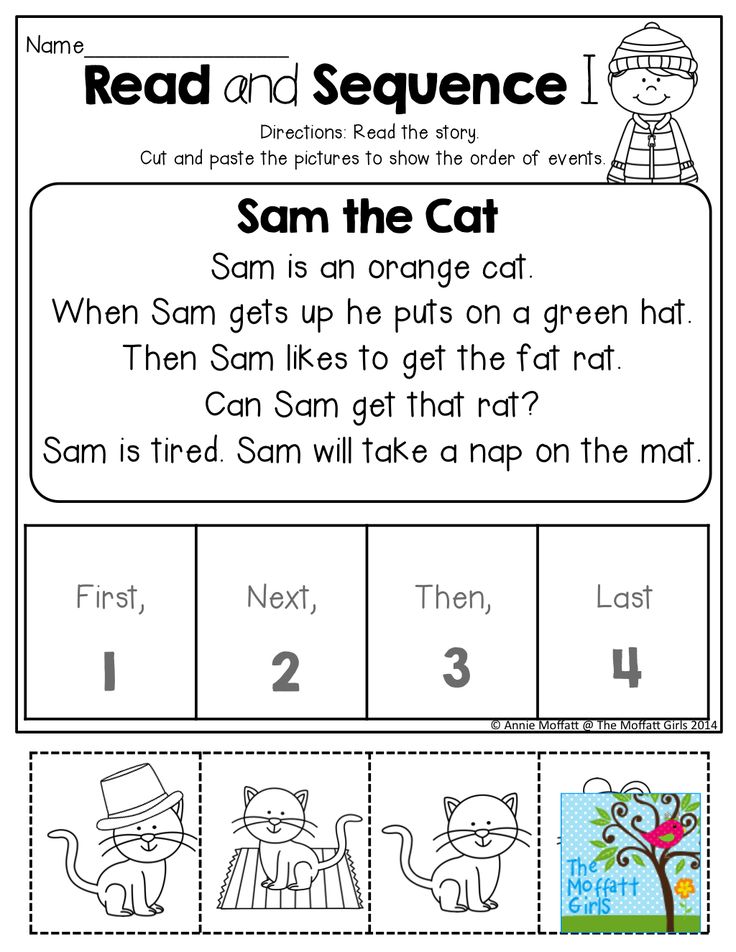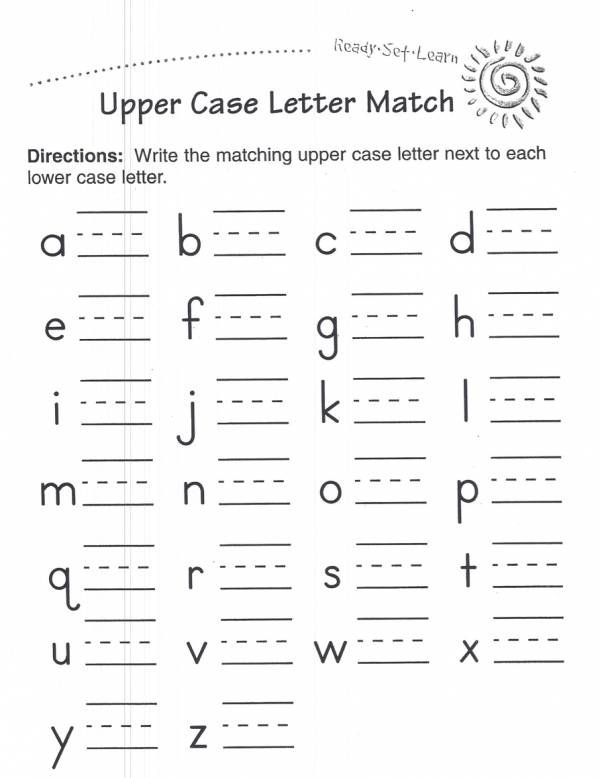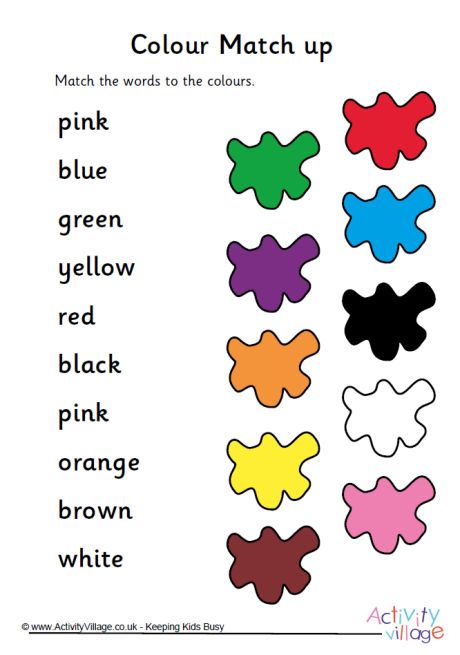Teaching social skills children
How can I teach my child social skills?
Some children may find socialising more difficult than others. If your child struggles or seems reluctant to be with other people, they may need some support to learn social skills. There are some things you can do to help.
Practise talking
Practise talking through role play, puppets and storytelling. Talk to your child through the day. You can also narrate what you’re doing, to help develop their language.
Let your child see you using good manners, like please and thank you. This will encourage them to act this way with their peers.
Listen and take turns
Children learn both verbal and non-verbal skills from the people around them. To help your child to listen well, you can:
- Try showing them what good listening looks like through your own behaviour.
- Use games like ‘Simon Says’.
- Read some ideas for listening games for toddlers.
Find ways to make taking turns fun. Choose an object and tell your family they have to be holding it when they talk. Pass it between you. If your child is a little older, take it in turns to make made up sounds as if you are having an alien conversation.
Show the importance body language
Practise making eye contact and smiling with your child. If they are old enough to understand, ask them to talk about something while you use poor body language. This could be crossed arms, looking away, or fidgeting.
Ask them how your actions made them feel. Then show them attentive body language. Take it in turns.
Teach them about personal space
Consider teaching your child about personal space. Try:
- Asking them to put their hands on their hips and stick their elbows out – this is their personal space.
- Getting everyone in the room to walk around with their elbows out, to see how to give others space.
Introduce the idea of boundaries by asking if you can come into their space.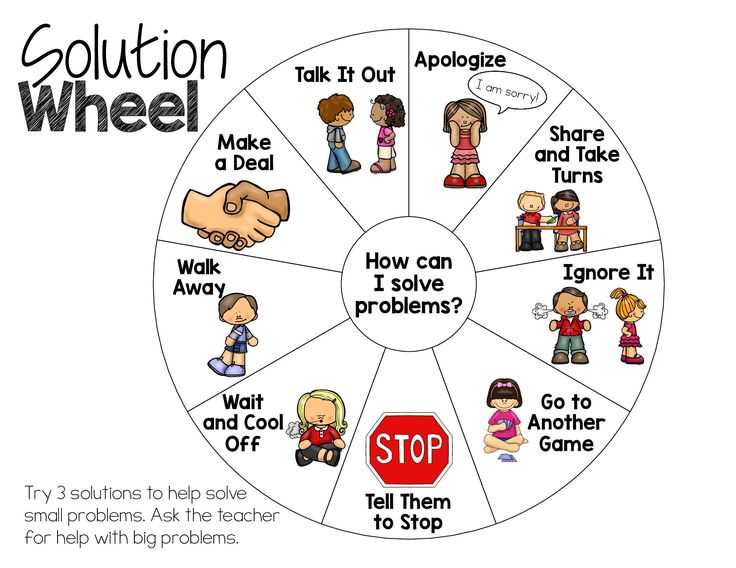 You could say things like, “Can I give you a hug?” or ‘I know you don’t like hugs so shall we high five?”
You could say things like, “Can I give you a hug?” or ‘I know you don’t like hugs so shall we high five?”
Develop their emotional skills
Help your child understand, express and cope with emotions. This develops their empathy for others and helps them sense how to react to the emotions of others.
Teach them to problem-solve. If they’re old enough, ask them how they think they could tackle any issues they have. Guide them with questions like “What could you do?” or “What could you say?” Try to avoid fixing it for them.
You can also talk to them about friendships and what it is to be a good friend. If you can, arrange and support opportunities for socialising.
Find moments for learning in play
Children use lots of social skills when playing. It can be helpful to spot opportunities in play for learning. You can:
- Ask your child to help with tasks, and see if they’ll try activities with others, to build teamwork skills.
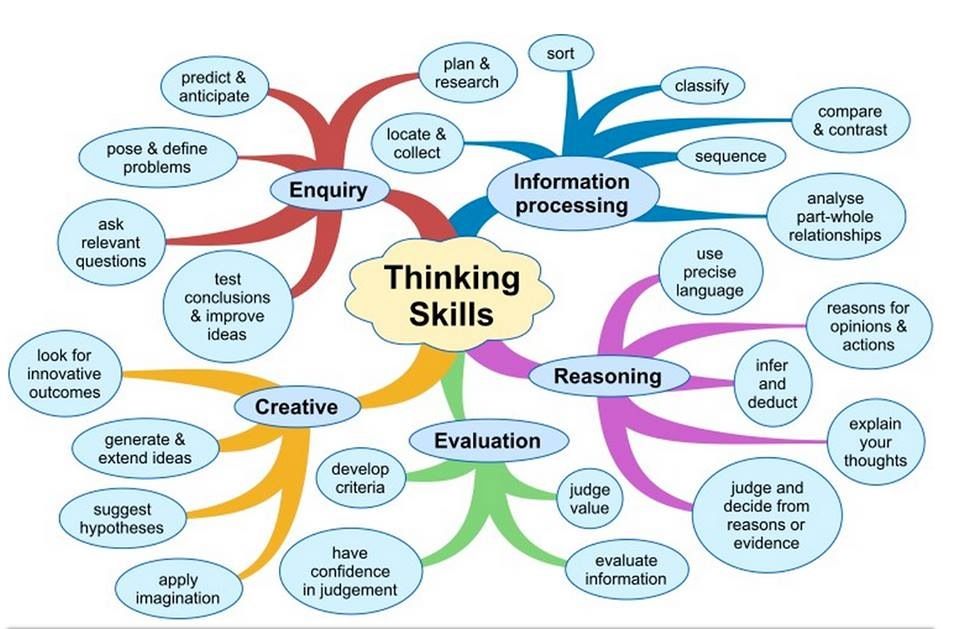
- Teach your child positive ways of responding to winning, losing or not getting their way.
- Show them you understand when they’re upset, but help them see what the positives could be (might the outcome have made their friend happy?).
- Show them what sharing looks like when playing at home.
If your child hits or bites, help them recognise how others feel when they’re hurt. Praise your child when you see them playing well. You can also gently encourage your child to apologise if they do hurt someone during play. Or if they don’t feel comfortable doing this, model apologising for them until they feel more confident. You could say something like, “Freddie feels sad that he’s hurt you and he wants to say he’s very sorry.”
You can read more on hitting and biting or playing well with others. We also have advice on teaching your child to share.
8 Important Social Skills For Kids And How To Teach Them
Teaching social skills for kids is one of the most complex, confusing, but rewarding aspects of raising young children.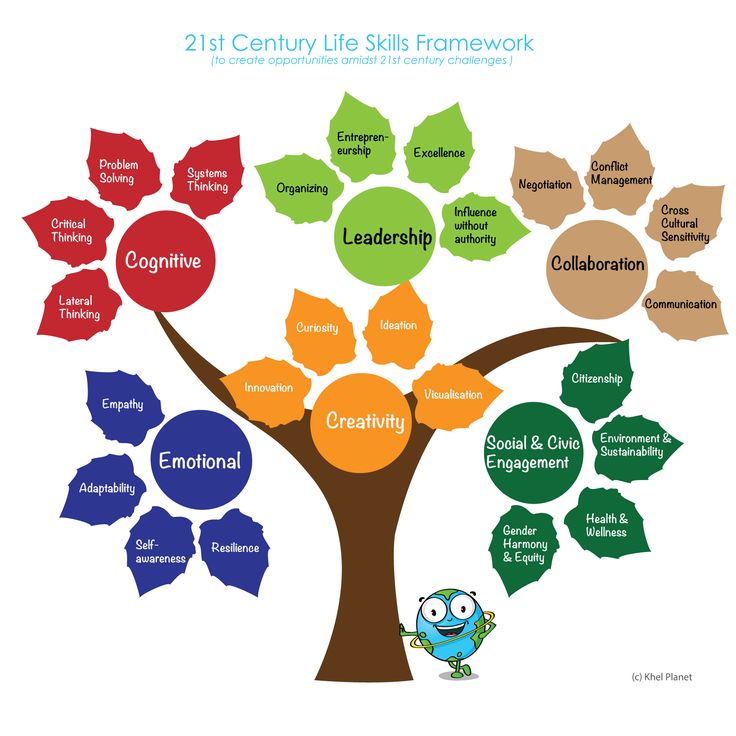
It’s no secret that preschoolers and kindergarteners are naturally egocentric. Even when playing or interacting with others, many children have difficulty sharing, empathizing, collaborating, and cooperating.
HOMER is here to help you learn eight of the most important social skills for kids, as well as how to incorporate them into your family life.
8 Important Social Skills For Kids
1) Sharing
Sharing is a part of daily life. That doesn’t mean it’s easy!
Sharing is a difficult concept for young children to get behind. Toddlers, preschoolers, and kindergarteners have a particularly difficult time, as they are more focused on their needs and desires than the needs and desires of others.
This is normal. The feeling that something “belongs” to them is typically much stronger than their desire to please others.
Even though it’s hard to share, doing so is critical to a child’s social skill development, as it helps them keep and advance friendships.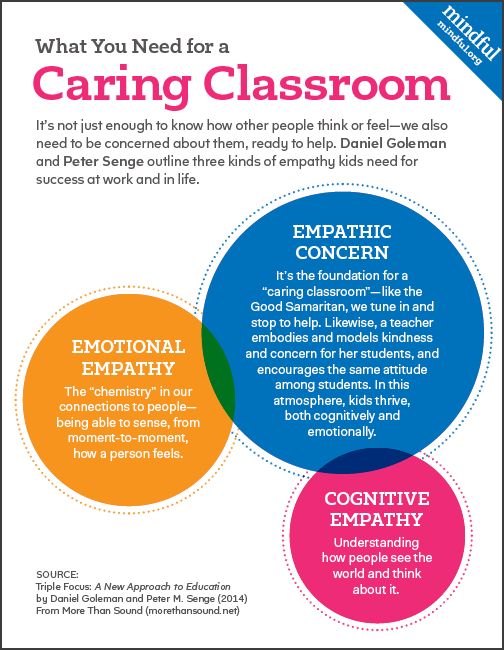 It’s also a great way to bond and show appreciation.
It’s also a great way to bond and show appreciation.
2) Listening
Active listening is an important skill that even some adults struggle with. Properly deciphering and absorbing information requires significant focus.
We all know this can be challenging for young kids, but active listening can strengthen their receptive language skills (the ability to comprehend spoken language).
Receptive language skills help your child:
- Handle social interactions
- Answer questions
- Understand stories
- Comprehend what they’re reading
- Understand gestures
While developing their social skills, your child will come to see how important it is to actively listen when others are speaking.
Paying attention to what someone is saying and responding directly to their statements or questions is a big part of healthy communication.
3) Following Directions
The cousin of good listening skills would be executing the instructions your child heard — a.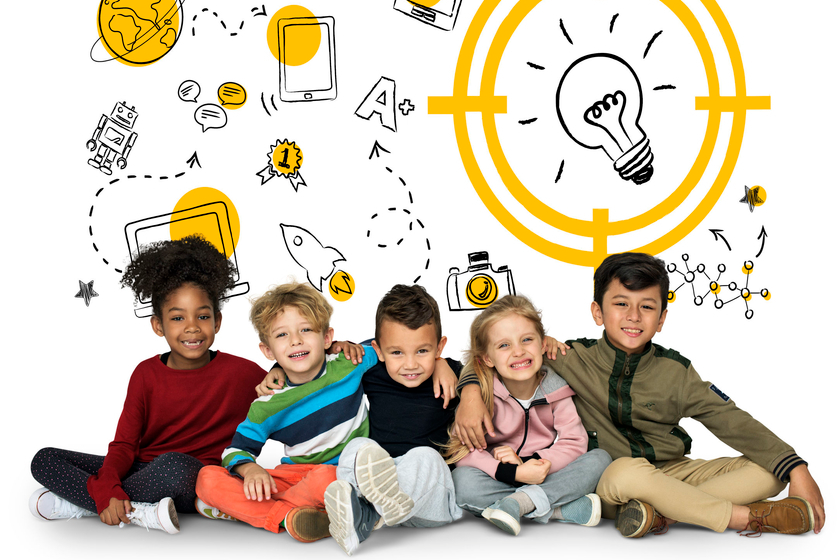 k.a., following directions!
k.a., following directions!
Following directions becomes particularly important once your child enters into their school years.
It’s one thing to follow directions at home with their parents where they’re innately comfortable; it’s another task entirely to follow directions from adult authority figures they may not know well.
Your child will learn how listening and following directions overlap with one another. If they listen well, it becomes easier for them to follow directions accurately. And when they follow directions accurately, they’ll often be rewarded for their hard work!
Keep in mind, however, that multi-step directions are challenging for young children. To help them develop the ability to follow directions, give them one direction at a time.
4) Collaborating And Cooperating
Similar to sharing, your child will learn how to move beyond sharing objects to sharing ideas, stories, and work.
With good collaboration and cooperation skills, children will learn that working in a group gives them a chance to express their ideas and listen to the ideas of others.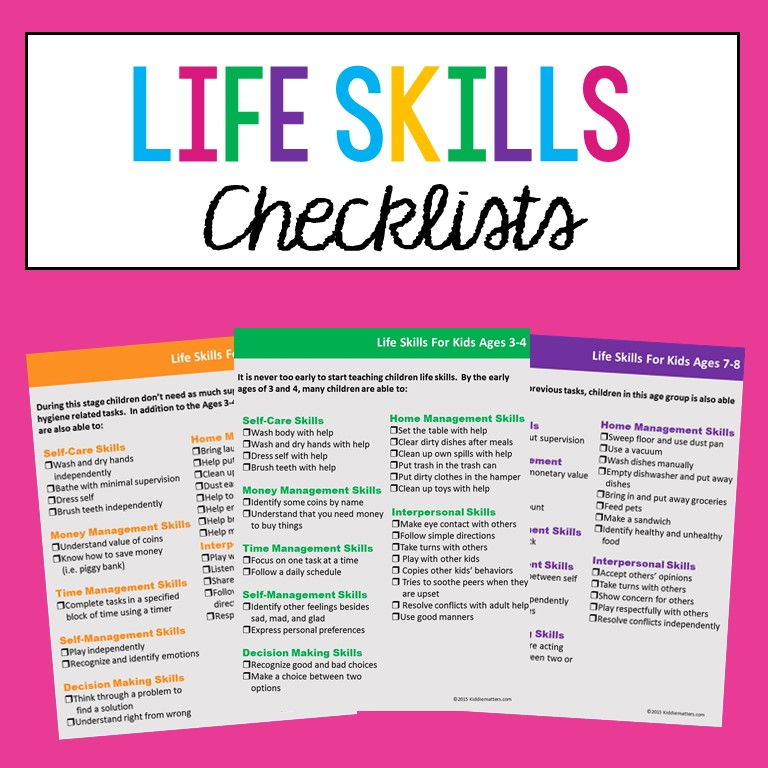 It allows them to see that it can be fun to work on a shared project!
It allows them to see that it can be fun to work on a shared project!
This may sound simple, but for young children, cooperation can often require real effort. It will take time for them to learn to respect others’ opinions even when they’re different.
By working together toward a common goal, kids can advance their sharing skills to include both intellectual and physical (think: cleaning the dinner table with a sibling) feats.
5) Patience
How many times have you heard the cliche, “Patience is a virtue”? Well, we are here to say it one more time!
It’s normal for young children to be impatient. However, patience really is one of the most rewarding social skills for kids.
Patience is critical for many things, including maintaining friendships and relationships and achieving big goals that can only be completed over an extended period of time.
This is where the concept of delayed gratification comes into play. When you help your child understand that good things often take time (not everything in life is microwaveable!), you nurture them into a patient person.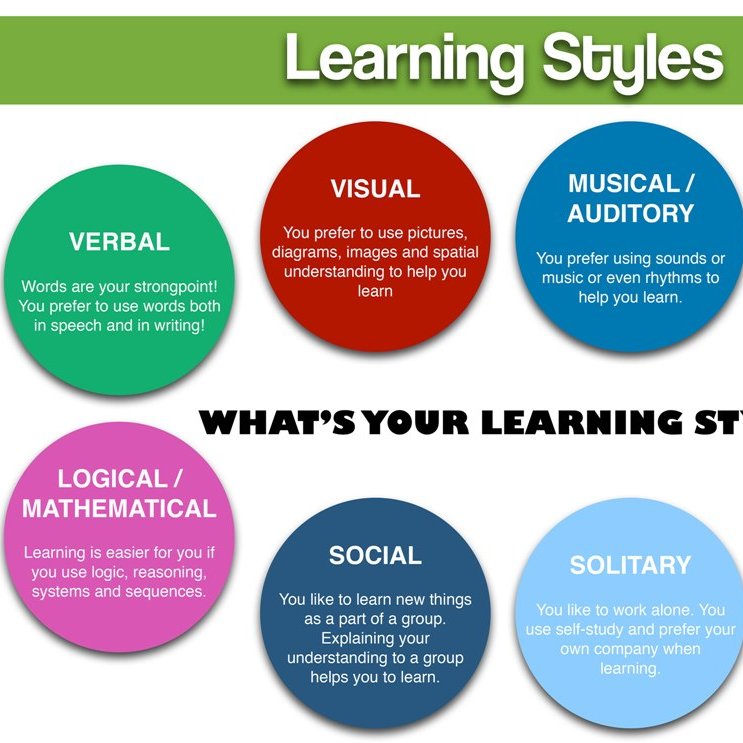
Learning patience takes practice and, you guessed it, patience! Trust that it will come with time (as everything does).
6) Empathy
When we say “empathy,” we’re referring to the traditional definition — the ability to understand and share the feelings of another.
Your child will learn how to appreciate the similarities and differences between their lives and those of people they meet. They will also learn how to empathize with these people, no matter how different they are.
For young children, this can mean small gestures.
For example, if their friend or sibling cries because your child is playing with a specific toy, your child may pause and say, “I know you want to play, too. Don’t be sad. We can take turns!”
But this sense of empathy will likely not appear overnight! Empathy develops over time and across a variety of scenarios.
The easiest way to promote your child’s development of empathy is by showing it in action. When you extend grace to your child often, they will learn how to extend it back.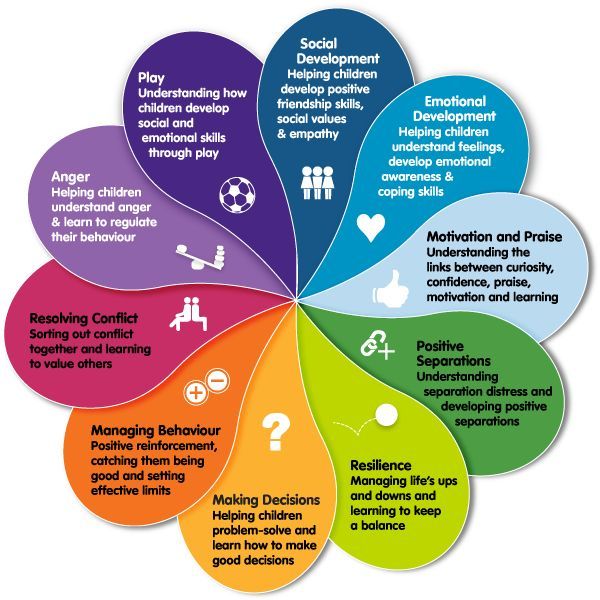
7) Respecting Boundaries
Some people require different emotional and physical boundaries than your child.
This can be a particularly difficult concept to learn, especially for very young children who receive most of their socialization from within the household.
Likely, if your child is extroverted, they may assume everyone is OK with hugs, questions, or lots of chit-chat. In some cases, they may be right! In others, they may accidentally cross boundaries in their efforts to be friendly.
Teaching your child how to ask permission and identify boundaries helps them establish a sense of respect between themselves and others. The same goes for helping them establish boundaries for themselves.
Let your child know that it’s OK to say no to hugs, kisses, or other displays of affection from someone — no matter who it may be — if they feel uncomfortable. Model this idea by asking questions yourself (“Would you like a hug?”).
When they make their boundaries clear and ask for others to do the same, it will make both parties feel much more at-home.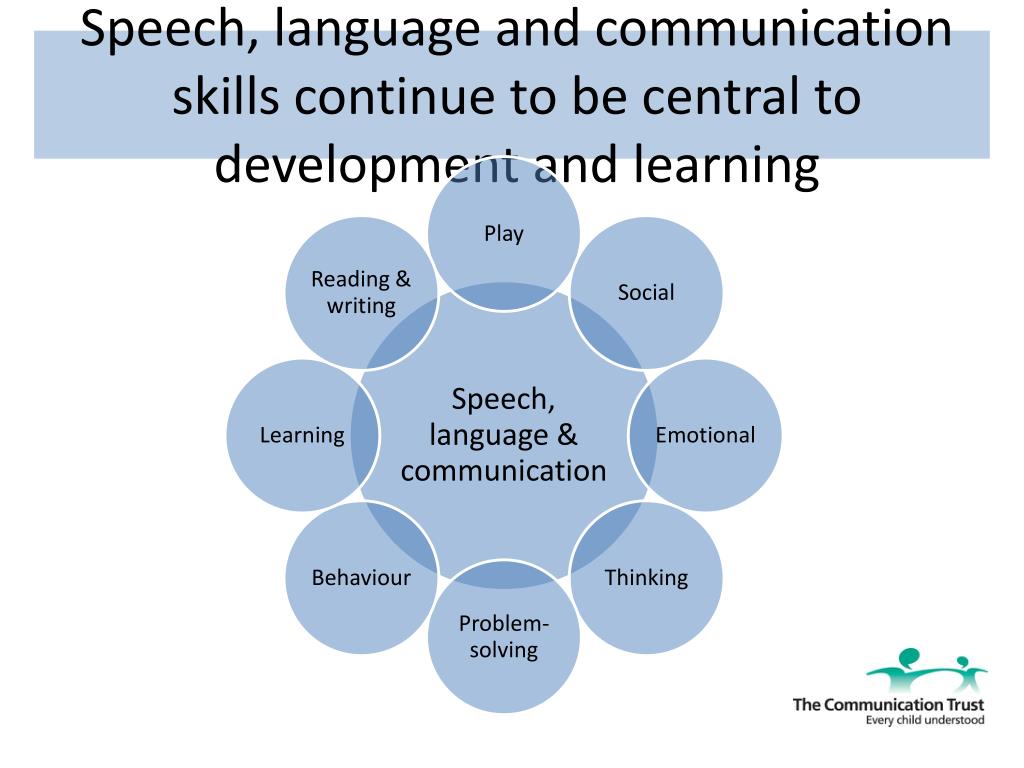
8) Positivity
Working on positivity can make it exponentially easier for your child to tackle many of the other social skills for kids we’ve mentioned, especially patience, boundaries, listening, and sharing.
With a positive attitude, your child will find it easier to make and keep friends, succeed in school, and achieve their goals.
The easiest way to demonstrate positivity is by modeling it. The more positive you are about your child’s social skill development (including their inevitable slip-ups), the more reassured and positive they will become themselves.
This doesn’t mean you have to be positive all the time. In fact, a healthy amount of honest criticism can be beneficial in helping your child learn to express their feelings.
To do this, start with your own emotions. Let them know how you’re feeling and how you’re managing it in real time if you can. Kids need to know it’s OK to be sad, angry, or mad sometimes and how to handle it.
How To Teach Social Skills To Kids
Now that you know what social skills for kids to include, how do you go about teaching them at home? Let’s take a look!
Normalize Mistakes
Your child should know that you do not expect perfection.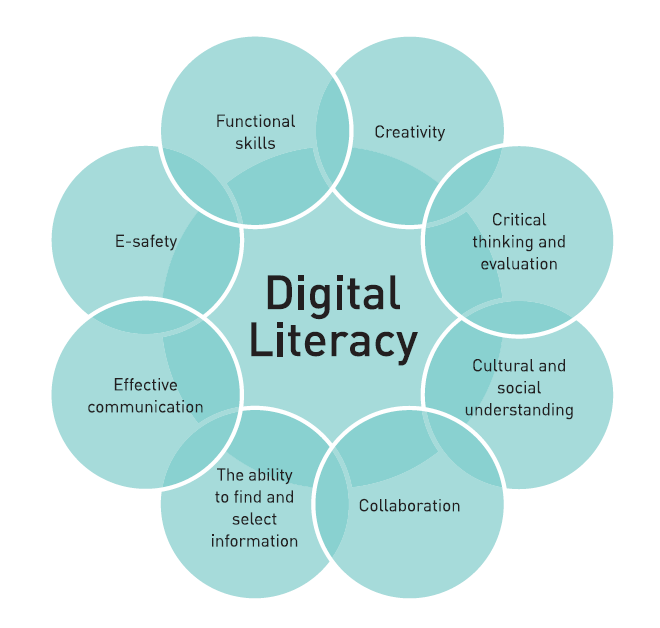 There is no way to execute all of these social skills every time, everywhere, without mistakes.
There is no way to execute all of these social skills every time, everywhere, without mistakes.
That is OK! In fact, it’s encouraged. Mistakes are normal; they’re how we learn what went right or wrong.
Make sure you normalize this for your child. If they know all humans learn lessons this way, it’ll be easier for them to push through the sting of a mistake and try again.
Encourage Sharing (Without Violating Boundaries!)
Although sharing is great and should be encouraged, there may be some things that are special to your child that they don’t want to share. This can be especially true of stuffed animals, blankets, or special toys.
This is OK, too! It’s great for your child to set boundaries that you and other children respect. To encourage sharing, try not to force it.
Encouraging without forcing also demonstrates to kids how boundaries can be created, acknowledged, and respected between people.
This will motivate them to share with those around them by taking comfort in the fact that what is special to them has been kept sacred and separate. It will also encourage them to be direct about their and others’ boundaries when it comes to play, school, or emotional issues.
It will also encourage them to be direct about their and others’ boundaries when it comes to play, school, or emotional issues.
Check Their Listening
During social interactions within your own family or outside of it, pay attention to your child’s listening skills. You can observe them to see if they are listening carefully.
Do they seem engaged? Are the asking questions?
And remember it is just as important to listen to your child. This shows them that what they are saying is important and encourages them to listen to you in return.
Think About How You Give Directions
In teaching social skills for kids, the parent or authority figure is responsible for ensuring the directions they give are something a young child can execute successfully.
When giving instructions, be clear, firm, and gentle. As we mentioned earlier, children have a very difficult time executing tasks with many directions at once. Start with one direction at a time that your child can focus on.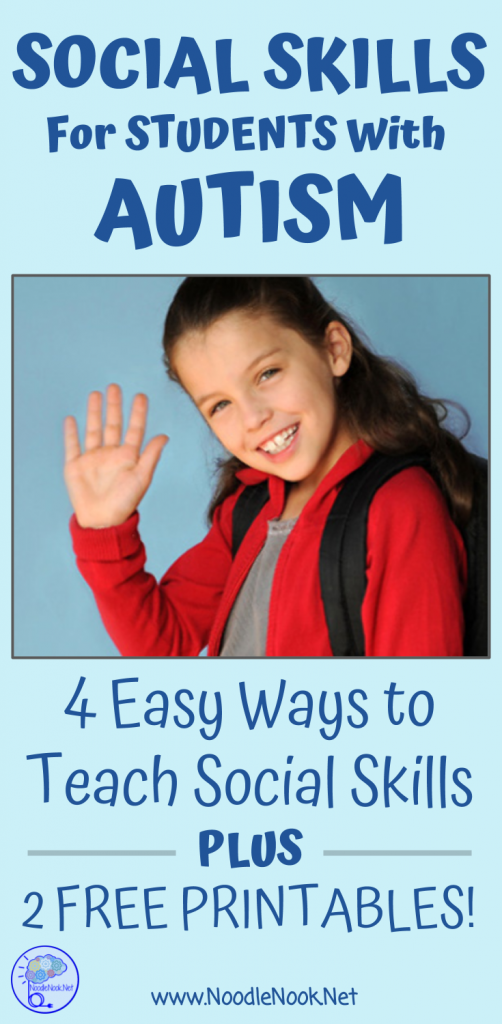
When giving instructions, have your child repeat what you want them to do. Only give an additional instruction when the first has been completed. Repeat until the task is complete.
Your child can give you directions, too! That way they have a sense of what it takes to delegate, manage, and execute a task from start to finish.
Give Empathy To Get Empathy
Show your child that you think about other people’s emotions, too! This is less of a teaching moment and more of an authentic display of empathy.
If you see that your child is expressing an emotion, validate it for them. “Oh, I see that you’re excited. I love that you’re so eager and happy to do this!”
You can acknowledge negative emotions, too. For example, you might say, “I know that must make you angry. Do you know how I can tell? What can we do together to make you feel less unhappy?”
This not only helps them feel seen and heard in the moment, but it also gives them a direct example of how to tackle empathy with others in similar situations.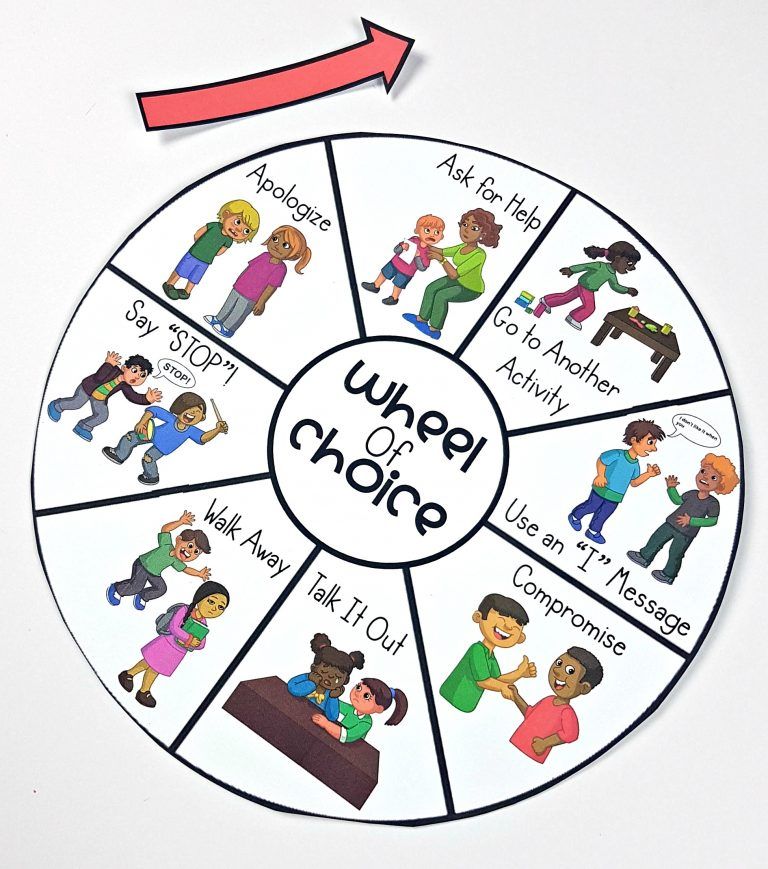
Social Skills For Kids Are Essential
The more your child experiences the benefits of social skills, the more intuitive these skills will become for them. However, all children learn at different rates. With practice (and patience!), we know they’ll get there.
The Learn with Sesame Street app is an effective tool that helps kids learn and develop their social and emotional skills. With the help of their Sesame Street friends, kids learn how to express their emotions, empathize with others, and create healthy relationships. Explore the Learn with Sesame Street app today!
Author
Social Skills and Learning Success - Child Development
When a child enters senior or pre-kindergarten, parents expect the child to learn to read and write. But before focusing on acquiring academic knowledge, there are many other skills that he needs to master. Research shows that the most important skills to teach children at this age are social skills: cooperation, self-control, confidence, independence, curiosity, empathy, and communication.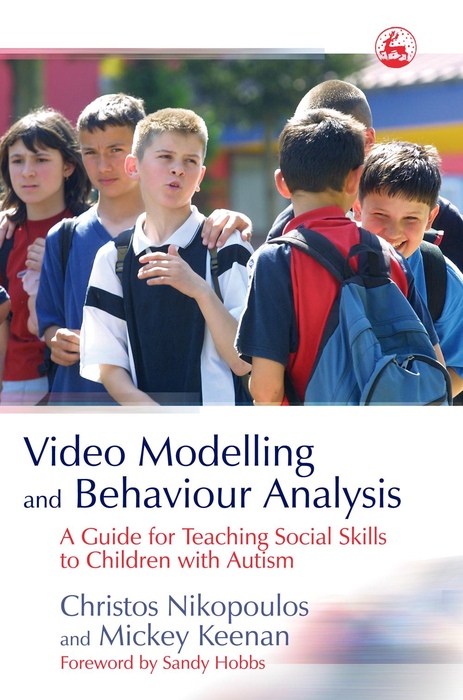
In the first months of the school year, educators have the most difficulties with children who have behavioral problems and insufficiently developed attention. In fact, everything is simple: if a child does not know how to keep a queue, listen and sit quietly in a group, how can he learn the educational material? That is why at the beginning of the year so much time is devoted to learning and developing the basic social skills of babies.
Fortunately, the previous experience of social interaction, both at home and in the younger groups of the kindergarten, helps the child to adapt to the changes that have occurred with the team after the summer vacation period. As soon as the kid has mastered the basic skills of social interaction and behavior in a group at a sufficient level, he will be ready to focus on the educational material. That is, a child will be able to gain more knowledge if the approach to the development of his social, emotional and cognitive (academic) skills is maximally balanced by his parents and teachers of preschool education.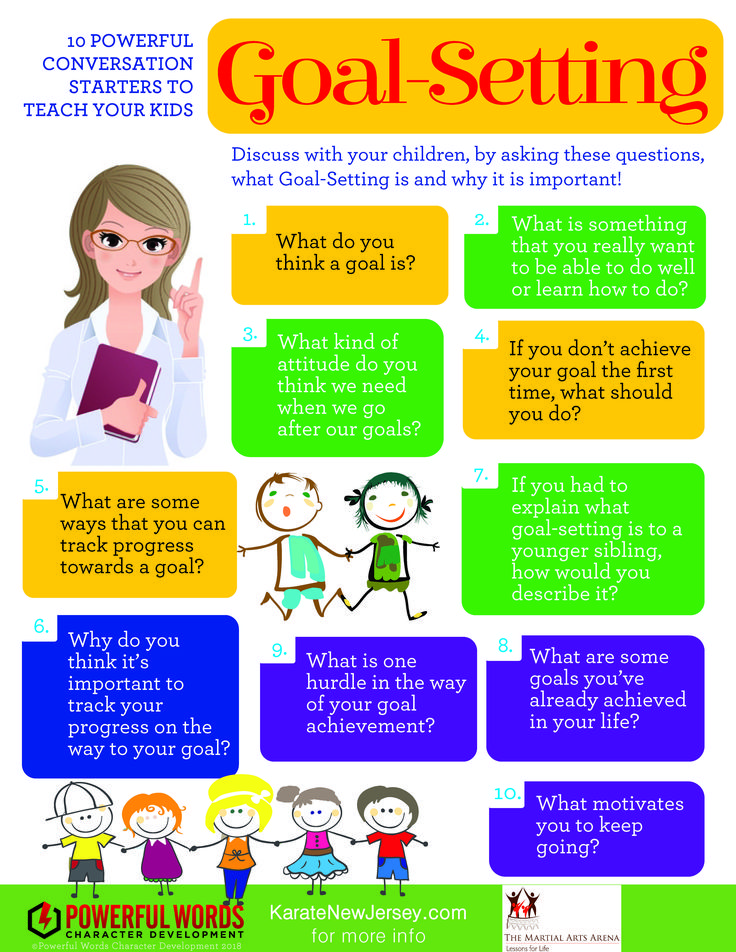
Recent brain development research has shown that a child's ability to interact with other children, control and express feelings, and solve basic problems independently is just as important to academic success as academic skills. The pathways in the brain necessary for successful learning are developed through positive interaction with other people! Caregivers use this data to help children build relationships with each other, share and care, listen and speak in groups, and feel confident to take on new challenges.
Early Basic Skills
Here are some examples of what good teachers set at the beginning of the school year in senior or pre-school. Parents can adapt them in their family and help the child develop in this direction, being in the comfortable conditions of their own family and at home.
- Self-confidence and self-esteem: is one of the first skills that caregivers focus on developing. It is important to instill in the child a positive feeling about himself - himself as a person and a participant in social interactions.
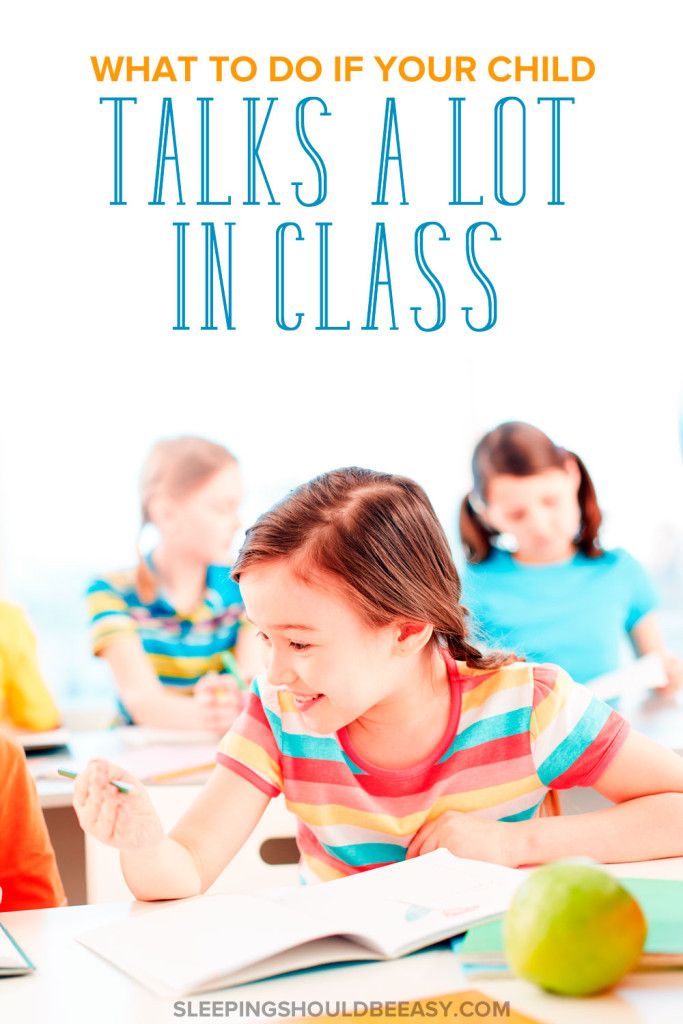 This is a skill that will not lose its value throughout the child's life and will help him feel capable and skillful both now and in future studies.
This is a skill that will not lose its value throughout the child's life and will help him feel capable and skillful both now and in future studies. - Collaboration: games, stories and songs help a child learn to work with other children - not an easy task at this age! Collaboration for a baby is the ability to empathize and get along with other people.
- Curiosity: Perhaps one of the most important skills a child needs to develop at this stage is a thirst for learning. The caregiver can use a wide range of interesting materials and ideas to engage your child's natural curiosity. Recent studies show that new or unusual activities and materials (compared to already familiar ones) engage the brain more, forcing it to pay close attention to the information offered.
- Communication: Expressing yourself and your thoughts, feelings and knowledge about the world is one of your child's key skills. It underlies all reading, writing, math, and science skills.
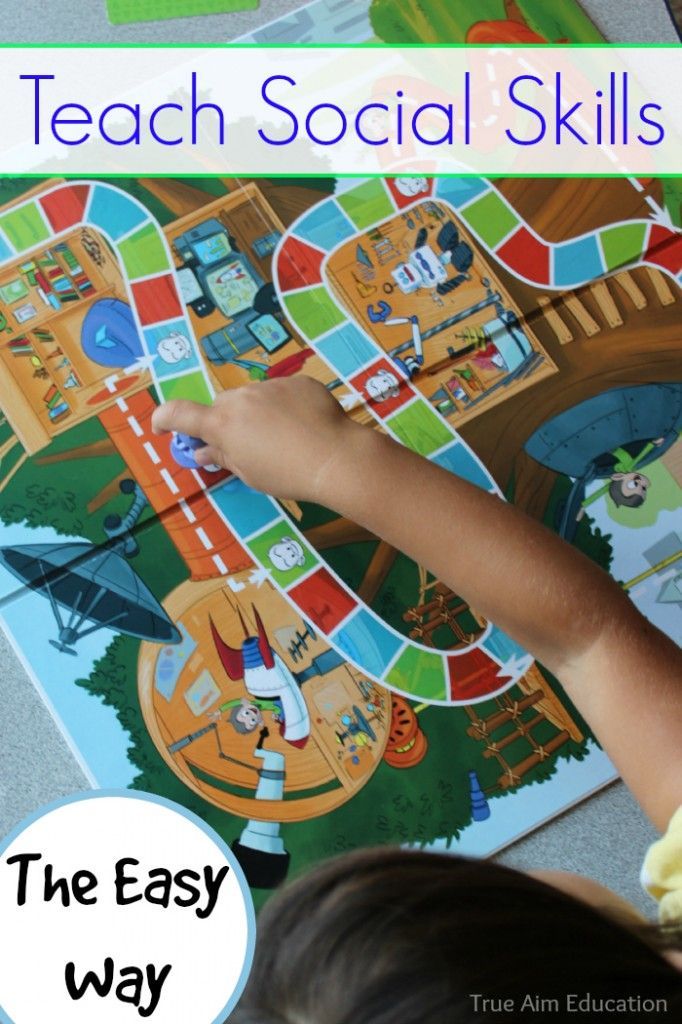 If a child can confidently express his thought or opinion, he becomes more open to learning and developing thinking.
If a child can confidently express his thought or opinion, he becomes more open to learning and developing thinking.
How Parents Can Help Develop These Skills
Help your child develop critical social and emotional skills by connecting with kindergarten friends in your home setting. Ask the kid who he would like to invite to visit to play. It is often easier for children to build friendships in their own one-on-one space than in a kindergarten. Many educators find that a child who finds it difficult to make friends or interact in a large group is more likely to forge a close bond with a new friend at home. These relationships can then be transferred to the conditions of the kindergarten. Once the child has established a bond with one classmate, it will be easier for him to establish friendships with other children.
The meaning of play
Play is important work for your little child. He grows, learns and explores the world through play.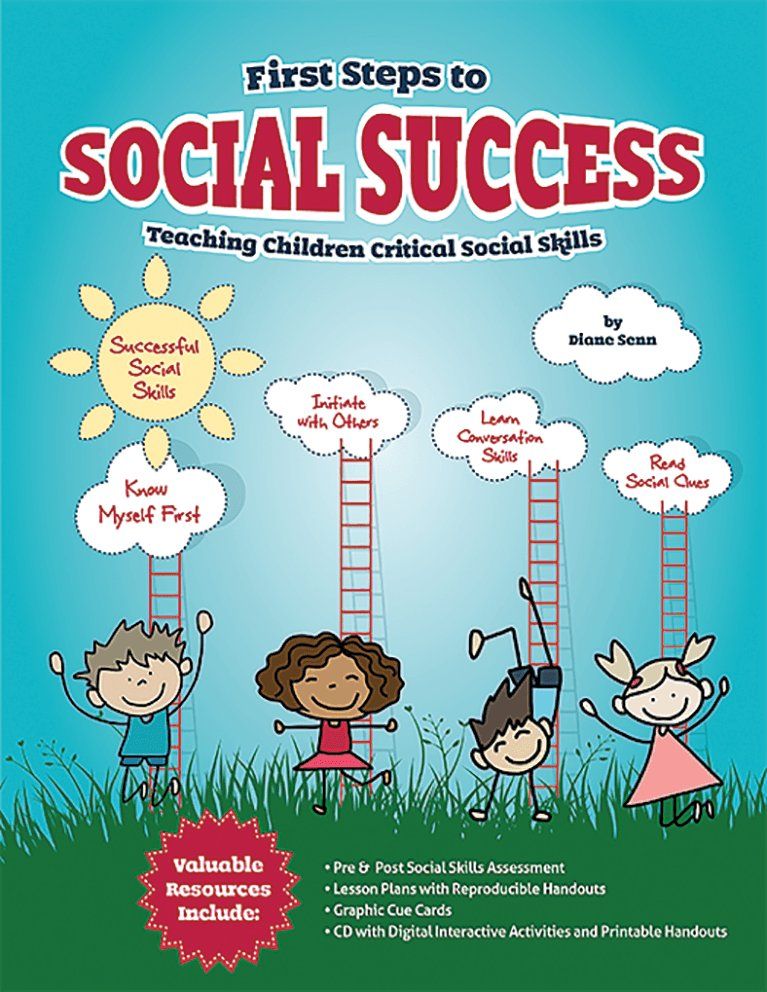 This happens through complex gameplay that encourages him to think, solve problems and use his imagination and fantasy. When a child participates in the game, he has to plan, focus and strive for the goal, using all the basic life and work skills.
This happens through complex gameplay that encourages him to think, solve problems and use his imagination and fantasy. When a child participates in the game, he has to plan, focus and strive for the goal, using all the basic life and work skills.
In kindergarten, the child should be given opportunities to participate in different play situations throughout the day. The toddler can be introduced to letters and numbers through meaningful drama, building blocks, and literature or music. So don't worry if your child comes home and says he's been playing all day!
Also at home, create all the conditions for developing games and activities for him. Remember that the experience your child has at the start of the school year will provide an important foundation that will enable him to become a passionate lifelong learner – passionate because he will discover that learning can be fun and interesting.
Social Skills
PROGRAM DESCRIPTION
The Psychological Program "Social Skills" is designed to teach social behavior in a safe and friendly environment.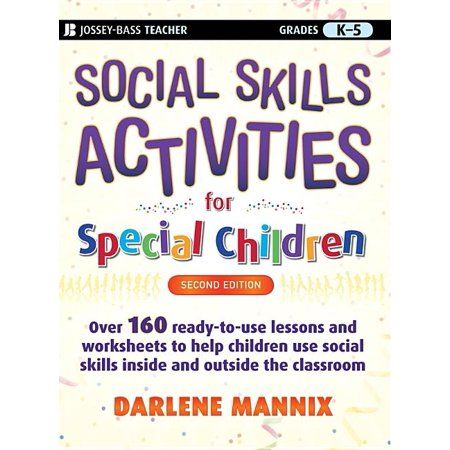 At each group meeting, children are offered a role model and activities to practice skills. The approach is based on structured learning, a holistic teaching method that provides a framework for systematic learning of skills, similar to academic ones. The emphasis is on providing alternative behaviors to improve the effectiveness of social interactions. The curriculum is based on Michelle Garcia Winner's "Think Social: A Social Thinking Curriculum for School-Age Students" and includes structured activities to address real socialization issues.
At each group meeting, children are offered a role model and activities to practice skills. The approach is based on structured learning, a holistic teaching method that provides a framework for systematic learning of skills, similar to academic ones. The emphasis is on providing alternative behaviors to improve the effectiveness of social interactions. The curriculum is based on Michelle Garcia Winner's "Think Social: A Social Thinking Curriculum for School-Age Students" and includes structured activities to address real socialization issues.
Our social skills training for teenagers has a wide range of benefits. Our social skills development groups will help teenagers develop the following qualities:
1) Easier interaction with others
We understand how difficult it can be to interact with peers, especially during adolescence. Our social skills experts use proven techniques to help your child learn how to initiate and maintain conversations. Groups also help your teen read other people's reactions, body language, and attitudes.